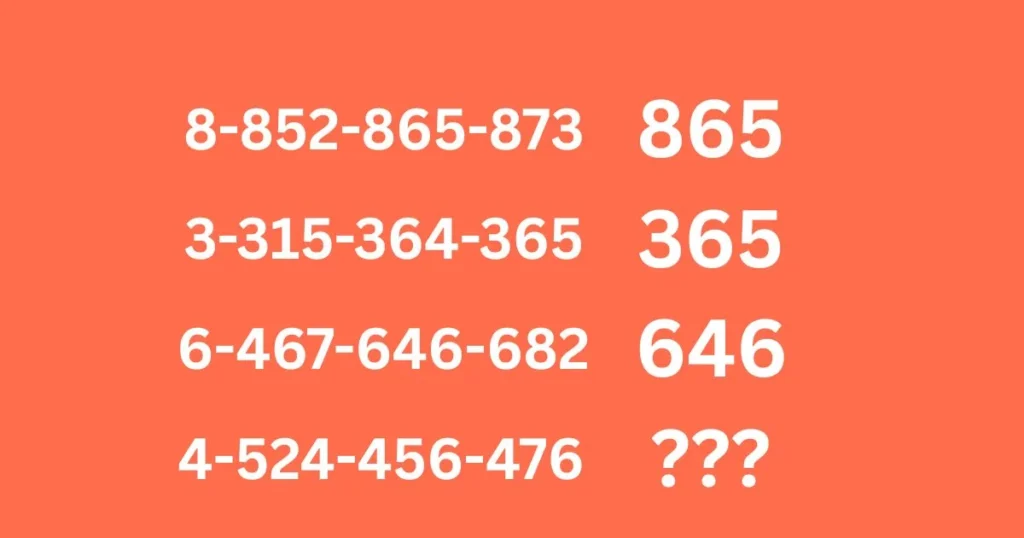Todays the credit card is the very common and people are using in their normal life but how to handle credit cards loan wisely these are so important to maintain our financial history as well for long terms .
Credit cards and loans can be powerful financial tools when used carefully. Many people struggle with managing these financial instruments because they do not plan properly or understand their responsibilities. Using credit cards and loans wisely requires knowledge, discipline, and a clear strategy.
The first step is to understand the terms and conditions of any credit card or loan you take. Before applying, make sure you read the interest rates, fees, repayment schedule, and other important clauses. Understanding these details helps you avoid surprises later and allows you to plan your finances accordingly.
Budgeting is the next crucial step. You must know how much money comes in and goes out every month. Track all your expenses and identify areas where you can cut costs. Allocating a portion of your income to pay off your credit card and loan balances ensures that you do not accumulate unnecessary debt.
Paying your credit card bills and loan EMIs on time is extremely important. Late payments not only attract penalties but also affect your credit score. A higher credit score gives you better opportunities for loans and lower interest rates in the future. Make sure to set reminders or automate payments to avoid missing due dates.
Another important aspect is to avoid spending beyond your means. Do not use a credit card as extra cash for items you cannot afford. Borrow only what you can repay comfortably. Using loans for essential investments like education or home improvements is acceptable, but unnecessary luxury spending can create financial stress.
It is also wise to maintain multiple repayment strategies. You can follow methods like paying the minimum amount on all debts except the one with the highest interest rate. This approach helps reduce the total interest paid over time and speeds up debt repayment. Evaluate your repayment strategy regularly and adjust it based on your financial situation.
Building an emergency fund is a key part of handling credit cards and loans wisely. An emergency fund acts as a safety net when unexpected expenses arise. Without this fund, you might end up relying on high-interest credit cards or loans, which can trap you in a cycle of debt. Start by saving a small portion of your income each month and gradually increase the amount until you have enough to cover three to six months of living expenses.
Understanding the difference between good debt and bad debt is critical. Good debt includes loans for investments that increase your net worth or generate income. Bad debt includes borrowing for consumable items that lose value quickly. Educating yourself about these differences helps you make informed financial decisions and prevents reckless borrowing.
Monitoring your credit report regularly is another way to handle your financial obligations wisely. Check for errors and ensure that all payments are recorded accurately. A healthy credit report improves your chances of securing loans with better terms and also helps you spot any fraudulent activities early.
Avoiding multiple high-interest loans at the same time is another smart strategy. Combining smaller loans into one with a lower interest rate can reduce financial pressure and make repayment easier. Many financial institutions provide consolidation options which can simplify your repayment plan and reduce the chances of default.
Financial literacy plays a crucial role in managing credit cards and loans wisely. Educate yourself through books, articles, online courses, or by consulting financial advisors. Continuous learning helps you understand the latest financial tools, strategies, and market trends which can impact your decisions. Using this knowledge ensures that you make informed choices and stay ahead of potential financial risks.
Planning long-term goals is equally important. Set specific targets such as saving for a house, car, or education while balancing your existing debts. Make sure your repayment plan aligns with these goals and does not hinder your future financial plans. Staying disciplined and committed to your goals helps maintain financial stability and reduces stress.
Lastly, always review your financial situation periodically. Evaluate your spending patterns, loan balances, and repayment strategies. Adjust your approach if necessary. This regular review helps you identify areas of improvement and ensures that you are always on track to handle credit cards and loans wisely.
By following these steps, understanding your obligations, staying disciplined, and continuously educating yourself, you can use credit cards and loans as effective tools for building wealth and achieving financial goals. Smart management ensures that you avoid unnecessary debt stress and maintain a strong credit profile which opens doors to better financial opportunities

in the future.


